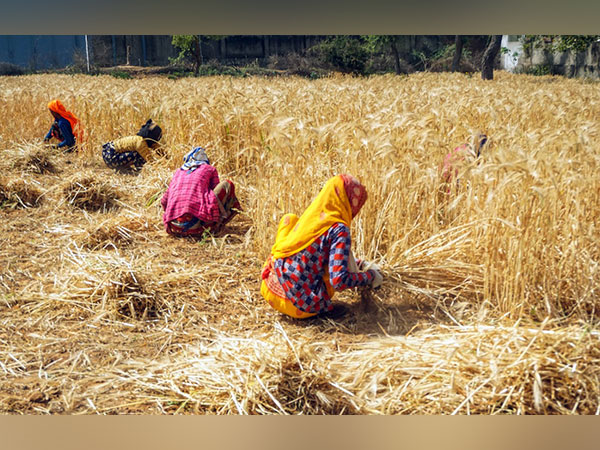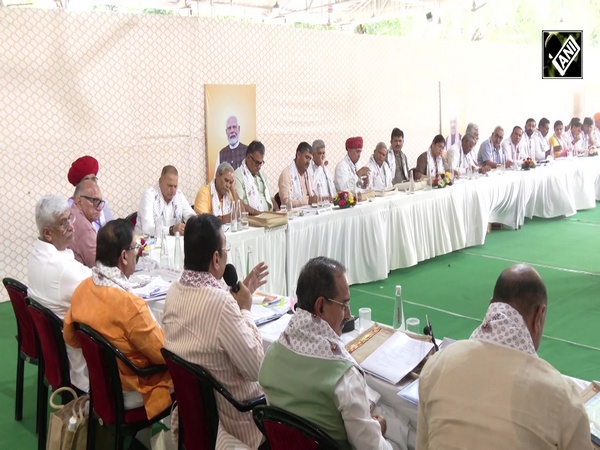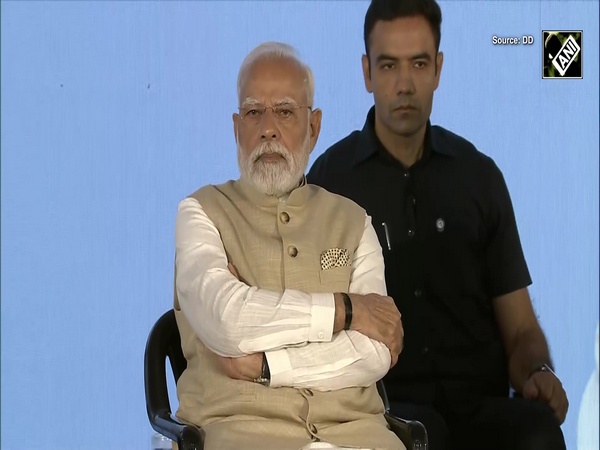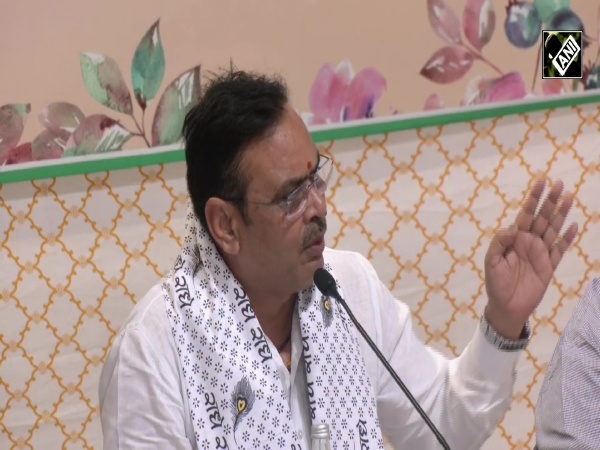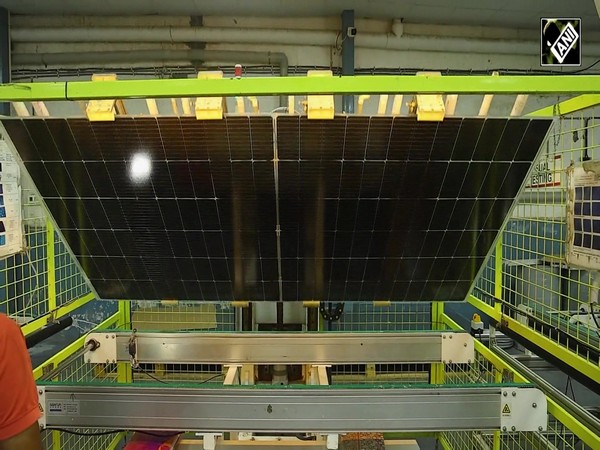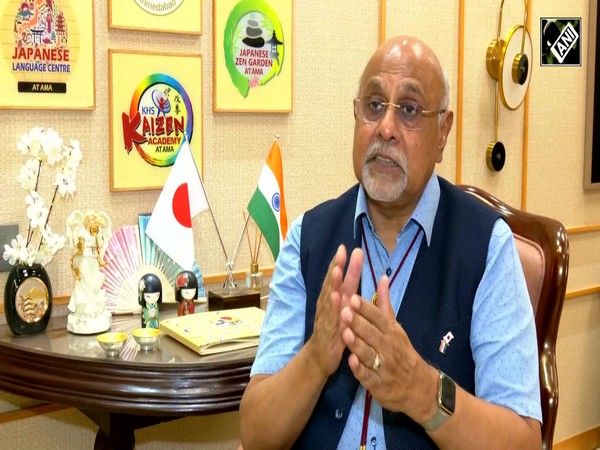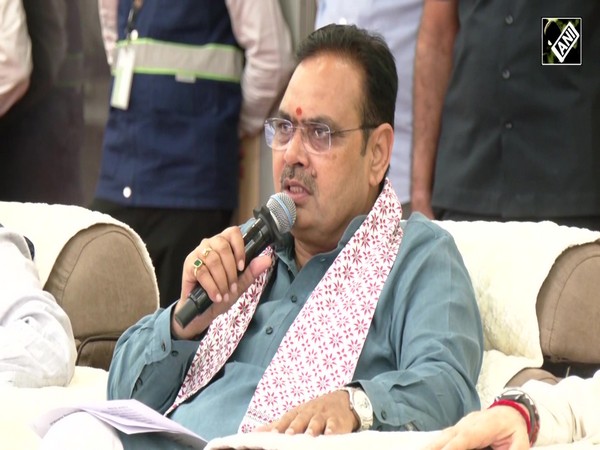Economic Survey: Capital expenditure in India rises 63 per cent in 2022-23
Jan 31, 2023

New Delhi [India], January 31 : Capital expenditure spending in India increased by 63.4 per cent in the first eight months of 2022-23 according to the Economic Survey document for 2022-23, which was tabled in Parliament on Tuesday.
India could effectively steer through the global economy recovering from the Covid pandemic setback through its dedicated support to infrastructure creation through increased capex and strong macroeconomic fundamentals, the Economic Survey said.
Union Finance Minister Nirmala Sitharaman today tabled the Economic Survey for 2022-23 in Parliament on the first day of the Budget Session.
The Capital Expenditure (Capex) of the central government, which increased by 63.4 per cent in the first eight months of Fiscal Year 2023, was another growth driver of the Indian economy in the current year, crowding in the private Capex since the January-March quarter of 2022.
"A sustained increase in private Capex is also imminent with the strengthening of the balance sheets of the Corporates and the consequent increase in credit financing it has been able to generate," it said.
Sitharaman tabled the pre-Budget Economic Survey document for 2022-23 in both Lok Sabha and Rajya Sabha after President Droupadi Murmu's address to the joint sitting of the two houses of Parliament.
Total capital expenditure grew at an average rate of 13 per cent during FY12 and FY22.
On the expenditure side, the Union Government's emphasis on capital expenditure (Capex) has continued despite higher revenue expenditure requirements during the year.
The Centre's Capex has steadily increased from a long-term average of 1.7 per cent of GDP (FY09 to FY20) to 2.5 per cent of GDP in FY22 PA.
The Centre has also incentivised the State Governments through interest-free loans and enhanced borrowing ceilings to prioritise their spending on Capex.
With an emphasis on infrastructure-intensive sectors like roads and highways, railways, and housing and urban affairs, the increase in Capex has large-scale positive implications for medium-term growth. This Capex-led growth strategy will enable India to keep the growth-interest rate differential positive, leading to a sustainable government debt to GDP in the medium run, the Economic Survey document said.
In the break up provided by the Economic Survey, the capital expenditure on Road Transport and Highways grew 102 per cent on a yearly basis in first eight months of 2022-23.
Besides road transport and highways, the capital expenditure spending on telecommunications grew 692 per cent in first eight months of 2022-23.
Further, capital expenditure under 'Transfer to States' grew 439 per cent in first eight months of 2022-23, the data available in the survey document showed.
In Railways, it grew 77 per cent. The capital expenditure (Capex) on infrastructure in railways has received tremendous boost since 2014.
However, Capital expenditure on Housing and Urban Affairs declined 32 per cent on a yearly basis in the first eight months of financial year 2022-23, the Economic Survey document stated.
Evidence shows an increasing trend in announced projects and capex spending by the private players. Surveys of leading industry CEOs also reveal their plans and commitment to increasing Capex, it said.
In the past five year Capex has doubled from Rs 1.8 lakh crore in FY18 to Rs 4.5 lakh crore projected for the fiscal year 2023.
The Economic Survey has projected a baseline GDP growth of 6.5 per cent in real terms in next financial year 2023-24.
The survey document said the projection is broadly comparable to the estimates provided by multilateral agencies such as the World Bank, the IMF, and the ADB and by RBI.
"The actual outcome for real GDP growth will probably lie in the range of 6.0 per cent to 6.8 per cent, depending on the trajectory of economic and political developments globally," the survey read.
The Economic Survey document, formulated under the supervision of the chief economic adviser V Anantha Nageswaran, will give insights into the state of the economy and various indicators in the current financial year 2022-23 (April-March) and outlook for the next year.
The Economy Survey may also give some idea about the tone and texture of the actual Budget for 2023-24, to be presented on tomorrow.
Budget 2023 is likely to be the last full Budget of the Modi government in its second term with the next Lok Sabha election due in April-May of 2024. Like the previous two Union Budgets, Union Budget 2023-24 will also be delivered in paperless form.






